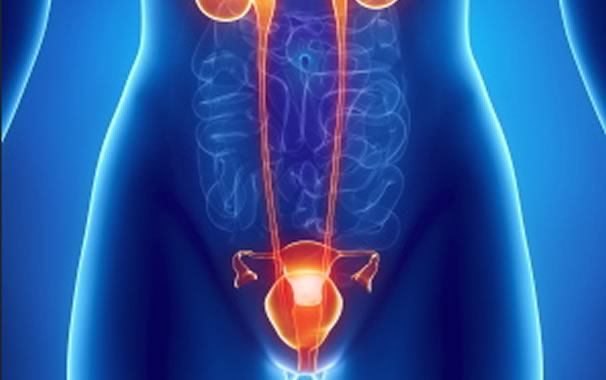Immunotherapy After Surgery Keeps Bladder Cancer Patients in Remission Longer
 Bladder cancer patients’ chance of staying cancer-free increases if they receive immunotherapy after surgery, according to clinical trial results shared in a late-breaking oral presentation at the American Society of Clinical Oncology (ASCO) 2023 Genitourinary Cancers Symposium.
Bladder cancer patients’ chance of staying cancer-free increases if they receive immunotherapy after surgery, according to clinical trial results shared in a late-breaking oral presentation at the American Society of Clinical Oncology (ASCO) 2023 Genitourinary Cancers Symposium.
Matthew Galsky, MD, Co-Director of the Center of Excellence for Bladder Cancer at The Tisch Cancer Institute at Mount Sinai, presented three-year follow-up results from the Phase 3 CheckMate 274 trial. Patients on the trial had urothelial cancer of the bladder or upper urinary tract and had tumor features indicating a high risk for recurrence.
“Adjuvant nivolumab became a standard of care based on the initial results of CheckMate 274,” Dr. Galsky said. “These results, showing patients’ continued survival three years out, reinforce adjuvant nivolumab as a standard of care for patients with muscle-invasive urothelial cancer of the bladder or upper urinary tract. Normally, patients with this cancer face a high chance of recurrence, especially within the first three years after surgical removal of the bladder or kidney.”
This new data showed that at approximately three years of follow-up, nivolumab increased these patients’ chance of staying cancer-free after surgery compared to patients who received a placebo. The average length of time before relapse doubled in patients who received nivolumab, which is a monoclonal antibody immune checkpoint inhibitor that harnesses the immune system to fight cancer. For a subset of clinical trial patients who received the immunotherapy, disease-free survival was more than six times that of patients on placebo.
Among the 699 patients in the trial, half received nivolumab, and the other half received a placebo every two weeks for one year. Adjuvant nivolumab versus placebo was not associated with a detriment to quality of life.